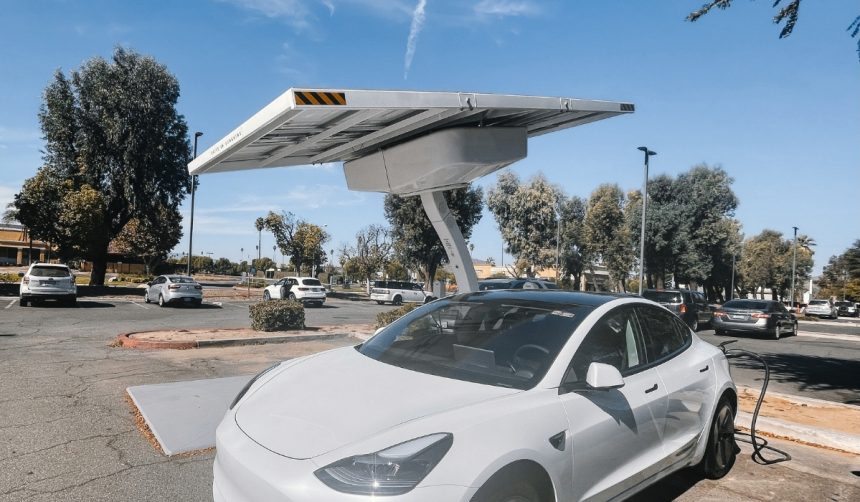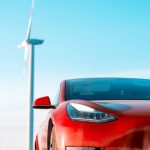Tesla recently found itself at the center of a legal dispute following its October “We, Robot” Cybercab launch event. The event featured imagery reminiscent of the iconic film Blade Runner 2049, sparking accusations from Alcon Entertainment. This legal challenge highlights the increasing scrutiny companies face when blending popular culture with their branding efforts.
During Tesla’s high-profile event, the automaker unveiled its autonomous Cybercab alongside the larger Robovan model. The use of Blade Runner-inspired visuals was intended to showcase the futuristic capabilities of Tesla’s vehicles. However, this creative decision led to legal actions from Alcon Entertainment, which owns the rights to the Blade Runner franchise.
How Did the Lawsuit Unfold?
Alcon Entertainment filed a lawsuit against Tesla and Warner Bros, alleging violations of trademark and copyright laws. The lawsuit contended that the unauthorized use of Blade Runner 2049 imagery infringed on the franchise’s protected elements. According to Alcon, Tesla and Warner Bros had previously sought permission to use these images but were denied.
What Was Judge Wu’s Ruling?
“Tesla and Musk are looking to sell cars,” Wu said. “Plaintiff is plainly not in that line of business.”
U.S. District Judge George Wu issued a tentative ruling dismissing the trademark infringement claims against Tesla and Warner Bros. However, he allowed Alcon to continue pursuing the copyright case, indicating that while the branding overlap was insufficient for trademark claims, the specific imagery could still pose copyright issues.
What Are the Implications for Tesla?
The dismissal of trademark claims is a partial victory for Tesla, reducing the immediate legal pressure. Nonetheless, the ongoing copyright case remains a potential hurdle. This situation underscores the importance for companies to secure proper licensing agreements when drawing inspiration from existing intellectual properties.
In light of similar cases in the past, this lawsuit may set a precedent for how automakers and other industries utilize popular culture in their marketing strategies. Companies might become more cautious and proactive in obtaining rights to avoid future disputes.
As Tesla navigates this legal challenge, it remains focused on advancing its autonomous vehicle technologies. Ensuring compliance with intellectual property laws will be crucial for maintaining its innovative edge and public image.
The resolution of the copyright case will likely influence how Tesla and other companies approach the integration of cinematic elements into their brand presentations. Balancing creative expression with legal obligations is essential for fostering both innovation and respect for existing works.
Tesla’s experience in this lawsuit may serve as a learning opportunity for the broader industry, highlighting the need for clear guidelines and agreements when referencing established media franchises.










